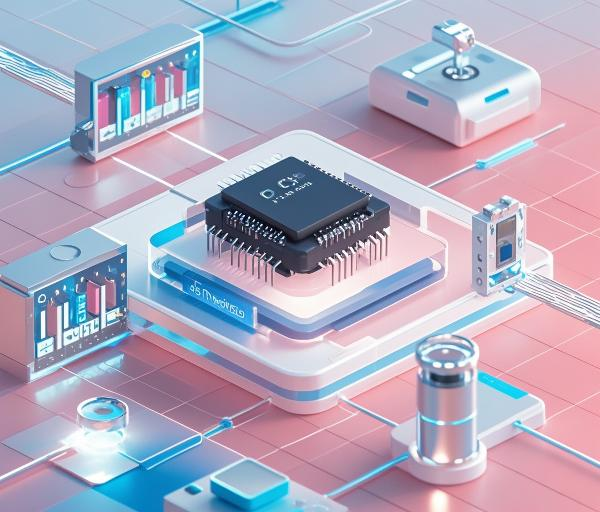
Recently, the global electronic components industry has been undergoing a profound transformation led by artificial intelligence technology. According to the latest industry reports, AI investment in the electronic components sector reached $28 billion in 2023 and is expected to grow to $45 billion by 2025, representing a compound annual growth rate of over 26.7%.
Traditional electronic component manufacturers are actively embracing AI technology to address increasingly complex market demands and fierce industry competition. In production processes, the application of machine vision and deep learning algorithms has improved defect detection accuracy for micro-electronic components by nearly 40%, while production efficiency has increased by 25%. Industry leaders such as TSMC, Samsung Electronics, and Intel have fully integrated AI technology into their production lines, achieving end-to-end intelligence from design to manufacturing.
Supply chain management has also become a key area for AI empowerment. With continued global supply chain tensions following the pandemic, electronic component shortages have become frequent. In response, industry leaders have widely adopted AI-driven predictive analytics systems that can forecast potential supply chain risks 3-6 months in advance and automatically adjust procurement and inventory strategies. Statistics show that companies adopting these systems have experienced an average 32% decrease in stockout rates and an 18% improvement in inventory turnover.
In product development, generative AI is helping engineers accelerate the design iteration of electronic components. By simulating thousands of possible design options and predicting their performance, AI systems can complete optimization processes in hours that would traditionally take weeks. A well-known semiconductor company revealed that after implementing AI-assisted design, power consumption of their new generation chips decreased by 15% while performance improved by 22%.
However, industry experts also point out current challenges. First, AI system training requires large amounts of high-quality data, and many small and medium-sized enterprises face data silos and data quality issues. Second, there is a shortage of high-end AI talent, with interdisciplinary professionals being particularly scarce. Finally, the security and explainability of AI systems still need to be strengthened, especially in quality control of critical electronic components.
Looking ahead, industry analysts predict that with the development of quantum computing and edge AI technologies, the electronic components industry will experience even deeper intelligent transformation. Particularly against the backdrop of carbon neutrality, AI-optimized low-power components will become a focus for future development. Meanwhile, the "AI + electronic components" combination will also facilitate the rapid development of emerging industries such as new energy, intelligent vehicles, and the metaverse, forming a virtuous technological and industrial ecosystem.
Industry leaders unanimously agree that embracing AI technology is no longer a choice but an inevitability. Those electronic component companies that can take the lead in digital transformation and effectively integrate AI technology will gain a decisive advantage in future competition.
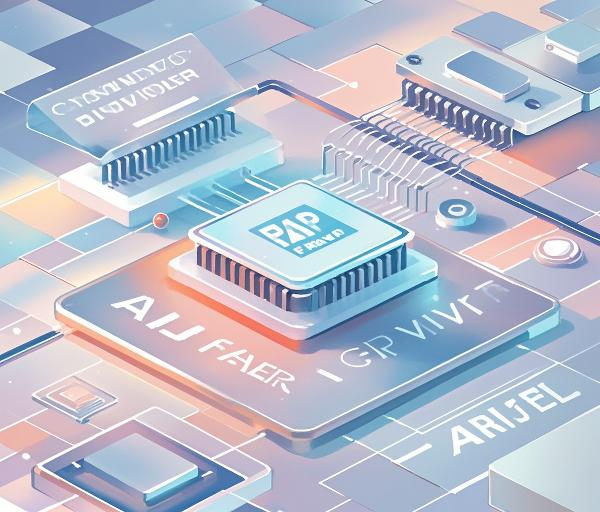
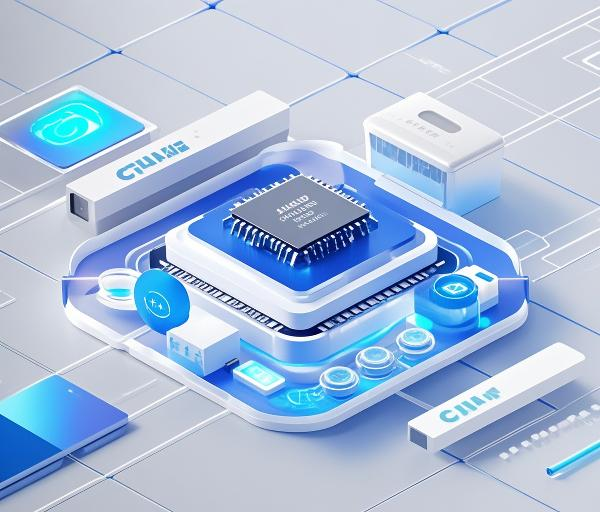
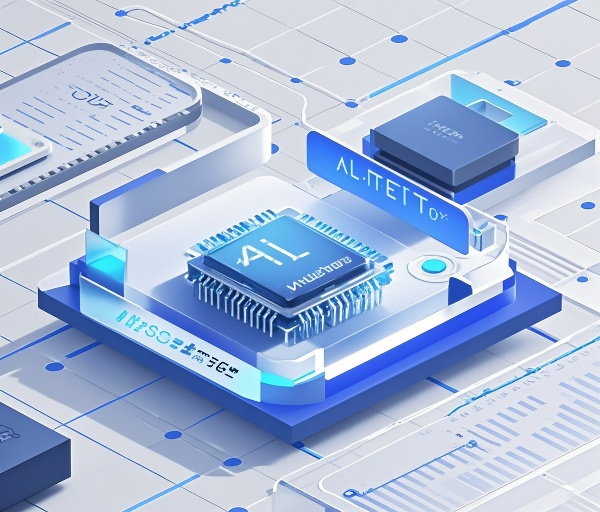
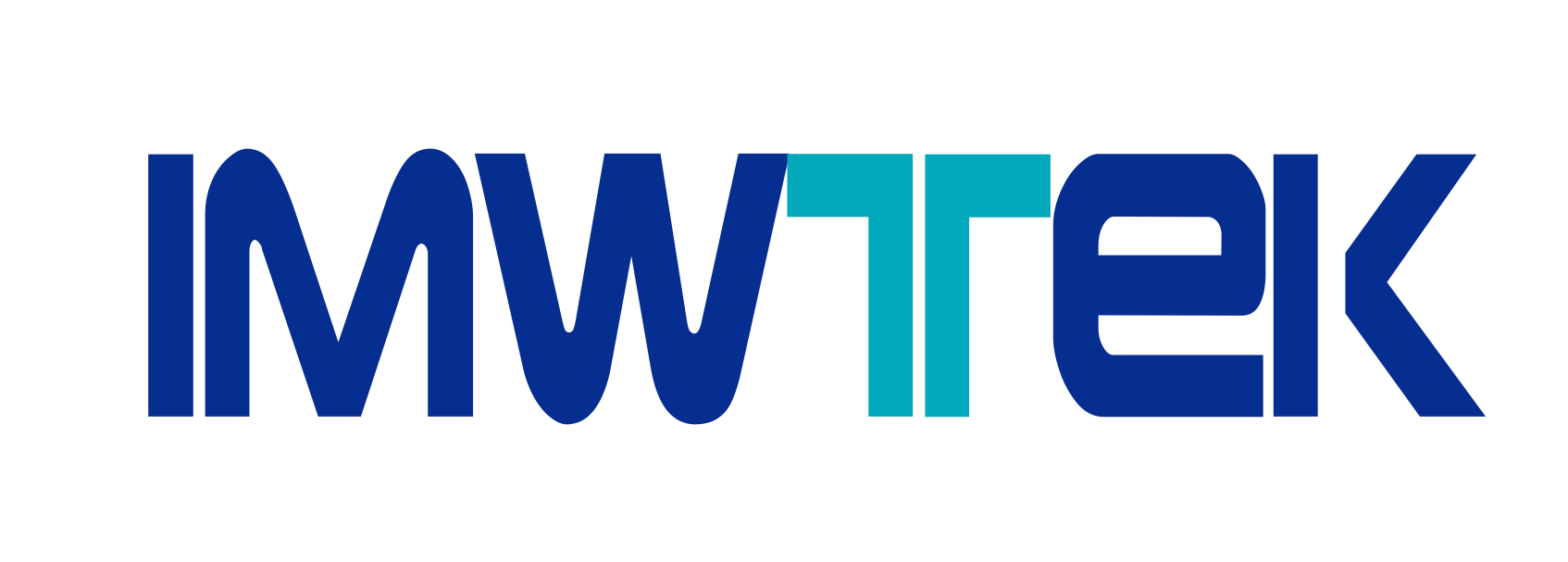

 GD ICP No. 2022030985-2
GD ICP No. 2022030985-2